Don't Fall for a Home Improvement Scam
Scammers are always looking for new ways to deceive people for a quick buck. Here are some of the most common home improvement scams and how to avoid them.
The door-to-door scam
Knock-knock. There’s a scammer at the door! They’ve shown up, pretending to be a contractor or representatives of a home improvement company. They may offer to do work for a low price or even for free, claiming they’ve just finished working in the neighborhood and have extra materials, so they’re happy to work at a reduced or no cost.
Cheap or free labor sounds amazing, doesn’t it? And it is – until you realize the “contractor” is unlicensed or not insured, uses subpar materials and does shoddy work. They may also try to get you to sign a contract on the spot, not leaving you any time to research or get competing quotes.
Stay safe: Never hire a contractor on the spot. Always ask for proof of license and insurance and references of previous clients.
The high-pressure sales scam
“If I leave here without a signed contract, the deal’s gone!” Some scammers use high-pressure tactics to get you. They may offer a special deal you can only get for a very limited time. It’s take it (now) or leave it. Unfortunately, though, these tactics are only a ploy to pressure you into making a decision before you’re able to think twice. They may also hide extra fees or charges in the contract, and/or promise things that they cannot deliver.
Stay safe: Never rush to hire a contractor. Don’t be swayed by limited-time offers, and always read the contract carefully before signing.
The “as seen on TV” scam
Some home improvement scams use the “as seen on TV” approach to trick you into thinking their product or service is endorsed by a reputable source. They claim their service has been featured on a popular TV show, but these claims are false or exaggerated.
Stay safe: Always do your research and read reviews from other customers on multiple platforms before hiring a contractor. Don’t assume claims of popularity are legit without verifying them first.
Follow these tips to protect yourself from a home improvement scam. Stay safe!


